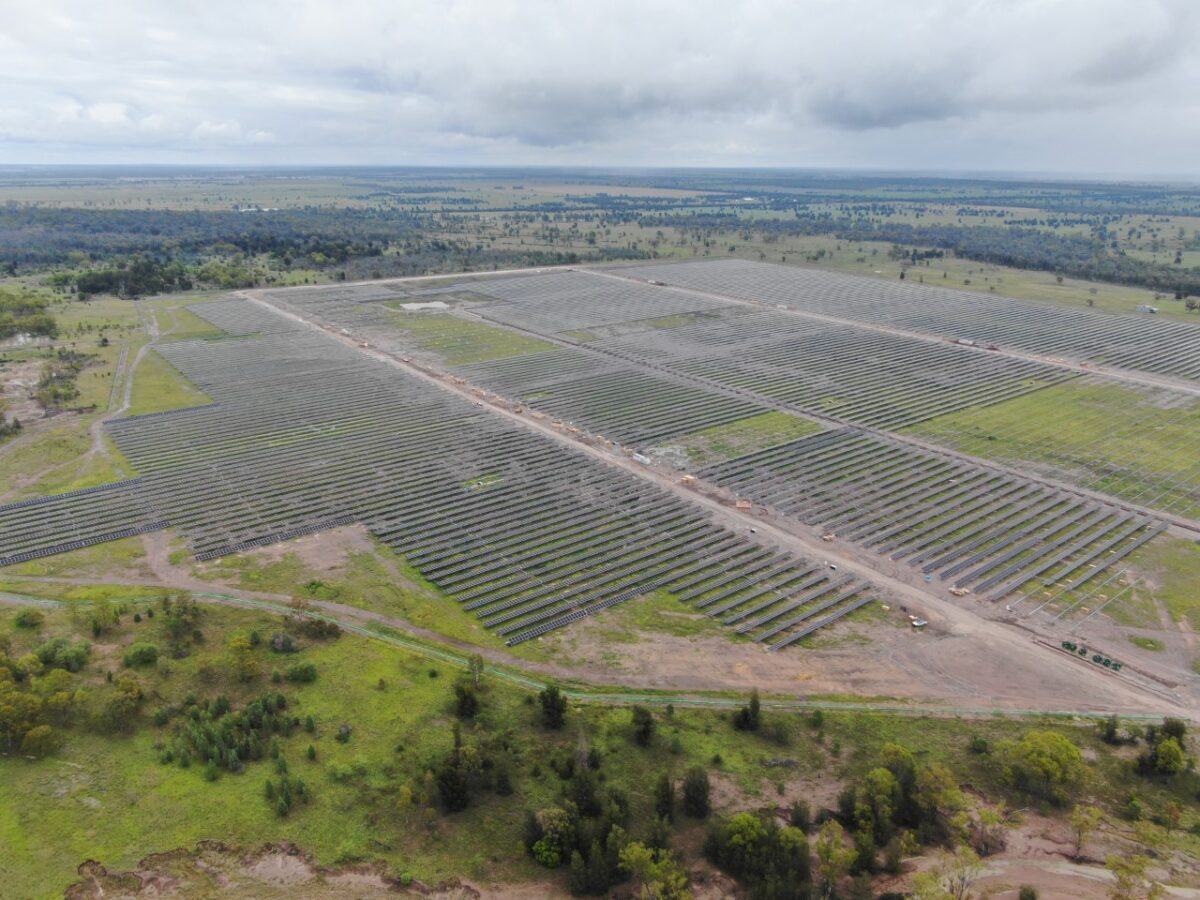The head of Sydney-based renewable energy land acquisition agency Rok Solid says investors are eyeing offshore opportunities in response to Australia’s planning approval processes that can take as long as three years, leading to project delays and increased costs.
Rok Solid Chief Executive Officer Daniel Moroko said in the past month three clients have briefed him on four projects, including large-scale solar farms, and were interested in shifting their focus from Australia to New Zealand because of fast-track legislation.
“New Zealand’s been a big talking point with my clients over the last month, and recently Victoria, and I’ve found fast-track approvals really do change an investors appetite,” he said.
“States like New South Wales (NSW) and Queensland have specific renewable energy zones mapped out, yet there’s a bottleneck of projects taking years for a decision on approvals.”
“It has been taking two to three years for a project to proceed through negotiations between relevant government departments and developers of these projects, environmental approvals as well as public consultations. That’s too long.”
The New Zealand government has moved to legislate a fast-track approvals process that provides for an accelerated consenting process for projects with the country seeking to smooth the way for the roll out of renewable energy generation projects as it strives to reach net zero by 2050.
The New Zealand government said the Fast-track Consenting Act, that lets ministers send projects straight to an independent panel, allows for a shorter consenting process, saving an average of 15 months per project.
The Victorian government has also moved to fast-track its planning approvals process, earlier this year introducing the Development Facilitation Program that aims to make renewable energy projects with installed capacity of 1 MW or greater eligible for an accelerated pathway.
“It makes a big difference where the private market wants to target their next projects, and in Australia the one lever that’s holding things back is the approvals process,” Moroko said.
A recent report published by the Clean Energy Investor Group (CEIG) shows that solar, wind and battery energy storage projects in Australia’s eastern jurisdictions are routinely waiting 12 months to two years for state planning permission.
The report, prepared by law firm Herbert Smith Freehills, shows that in Victoria planning permit applications for energy generation facilities took an average of 376 days in the 2023.
In NSW, the average approval timeframes in the five years until late 2023, were 746 days for wind, solar and battery projects, and 492 days for hydro and transmission projects.
“NSW, which has the biggest electricity grid in the country, should be leading, not lagging behind, because big businesses just take their investments elsewhere,” Moroko said.
The Australian government is targeting 82% of renewables in the National Electricity Market by 2030, up from about 39% now.
The Clean Energy Council has estimated that to achieve the renewable energy target, Australia will need in the order of 6.9 GW of large-scale capacity and 3.6 GW of rooftop solar to come online each year in the second half of this decade.
Moroko said major improvements in the planning approvals process are needed if Australia is to reach its target.
“The investment is there, the issue is all of the hoops we are asking these businesses to jump through for projects the government itself has declared should be prioritised,” he said.
“If projects were getting approved in an efficient timeframe and were moving towards targets then the Victorian and New Zealand governments wouldn’t have to put in these fast-track approval processes.”
Rok Solid has secured land for more than 32 renewable projects brokered across NSW, Queensland, Victoria, and South Australia, enabling the development of over 1 GW of solar and 4 GW of storage projects.
This content is protected by copyright and may not be reused. If you want to cooperate with us and would like to reuse some of our content, please contact: editors@pv-magazine.com.








1 comment
By submitting this form you agree to pv magazine using your data for the purposes of publishing your comment.
Your personal data will only be disclosed or otherwise transmitted to third parties for the purposes of spam filtering or if this is necessary for technical maintenance of the website. Any other transfer to third parties will not take place unless this is justified on the basis of applicable data protection regulations or if pv magazine is legally obliged to do so.
You may revoke this consent at any time with effect for the future, in which case your personal data will be deleted immediately. Otherwise, your data will be deleted if pv magazine has processed your request or the purpose of data storage is fulfilled.
Further information on data privacy can be found in our Data Protection Policy.